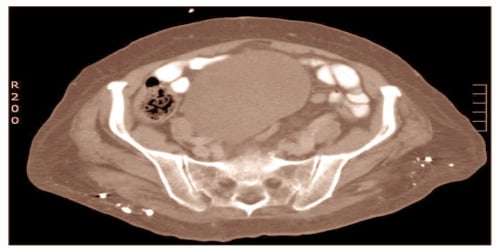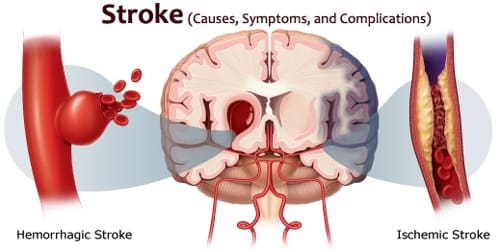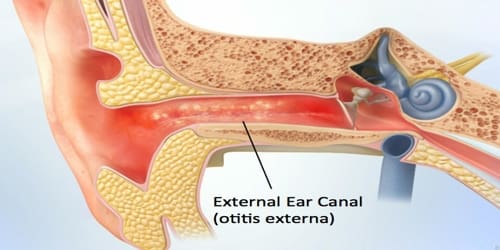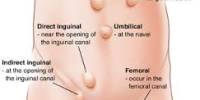Meigs’ Syndrome
Definition: Meigs syndrome is defined as the triad of the benign ovarian tumor with ascites and pleural effusion that resolves after resection of the tumor. Meigs syndrome is also known as Meigs syndrome or Demons-Meigs syndrome. Meigs’ syndrome resolves after the resection of the tumor. Because the transdiaphragmatic lymphatic channels are larger in diameter on the right, the pleural effusion is classically on the right side. Meigs syndrome, however, is a diagnosis of exclusion, only after ovarian carcinoma is ruled out.
Patients with Meigs syndrome may have a family history of ovarian cancer. The causes of the ascites and pleural effusion are poorly understood. Atypical Meigs’ syndrome, characterized by a benign pelvic mass with right-sided pleural effusion but without ascites, can also occur. As in Meigs syndrome, pleural effusion resolves after removal of the pelvic mass.
The most common presenting symptoms include fatigue, dyspnea that is initially present only with exertion, weight gain associated with swelling in the abdomen, a dry cough and menstrual symptoms such as amenorrhea or irregular cycles.
On physical exam, they may also have the following signs: tachypnea, tachycardia, decreased tactile fremitus, decreased breath sounds mostly on the right side but can also be present on the left, decreased vocal resonance and a shifting dullness or a fluid thrill in the abdomen indicating the presence of ascites.

Causes, Sign, and Symptom of Meigs syndrome: When an ovarian mass is associated with Meigs syndrome and an elevated CA-125 serum level, a malignant process may be suspected until proven otherwise histologically. A negative cytologic examination result of ascitic effusion, the absence of peritoneal implantation, and benign histology should limit surgical procedures.
Ascitic fluid and pleural fluid in Meigs syndrome can be either transudative or exudative. Meigs performed electrophoresis on several cases and determined that pleural and ascitic fluids were similar in nature. Tumor size, rather than the specific histologic type, is thought to be the important factor in the formation of ascites and accompanying pleural effusion.
Struma ovarii is a rare cause of ascites, hydrothorax, elevated CA-125 levels, and hyperthyroidism. This rare condition should be considered in the differential diagnosis in patients with ascites and pleural effusions but with negative cytologic test results.
Common symptoms of Meigs’ syndrome include –
- Fatigue
- Dyspnea, which occurs initially on exertion
- Weight gain
- Swollen abdomen
- Non-productive cough
- Irregular menstruation
Diagnosis and Treatment of Meigs’ syndrome: Diagnostic imaging tests include a chest X-ray to detect any pleural effusions, an ultrasound of the abdomen and the pelvis to identify ascites as well as ovarian masses and a computed tomography (CT) to rule out distant metastasis. The CT may additionally detect tumors in the ovaries, uterus, fallopian tubes or broad ligament masses.
Diagnostic tests for Meigs’ syndrome include urine tests (for protein), routine blood tests (including total blood count, LFTs and plasma proteins), and blood tests for tumor marker CA-125, which is slightly elevated in Meigs’ syndrome and more elevated in ovarian cancer. In some cases of ovarian malignancy, however, normal levels are reported.
It would be appropriate to carry out an ECG if congestive heart failure is suspected. If the ECG is abnormal, an echocardiogram is advised.
Treatment of Meigs’ syndrome consists of thoracentesis and paracentesis to drain off the excess fluid (exudate), and unilateral salpingo-oophorectomy or wedge resection to correct the underlying cause.
Surgery is the cornerstone of treatment as Meigs syndrome is a benign condition that usually fully resolves after resection of the tumor.
Non-surgical treatment with thoracentesis and paracentesis can additionally help in relieving symptoms.
Information Source:
















